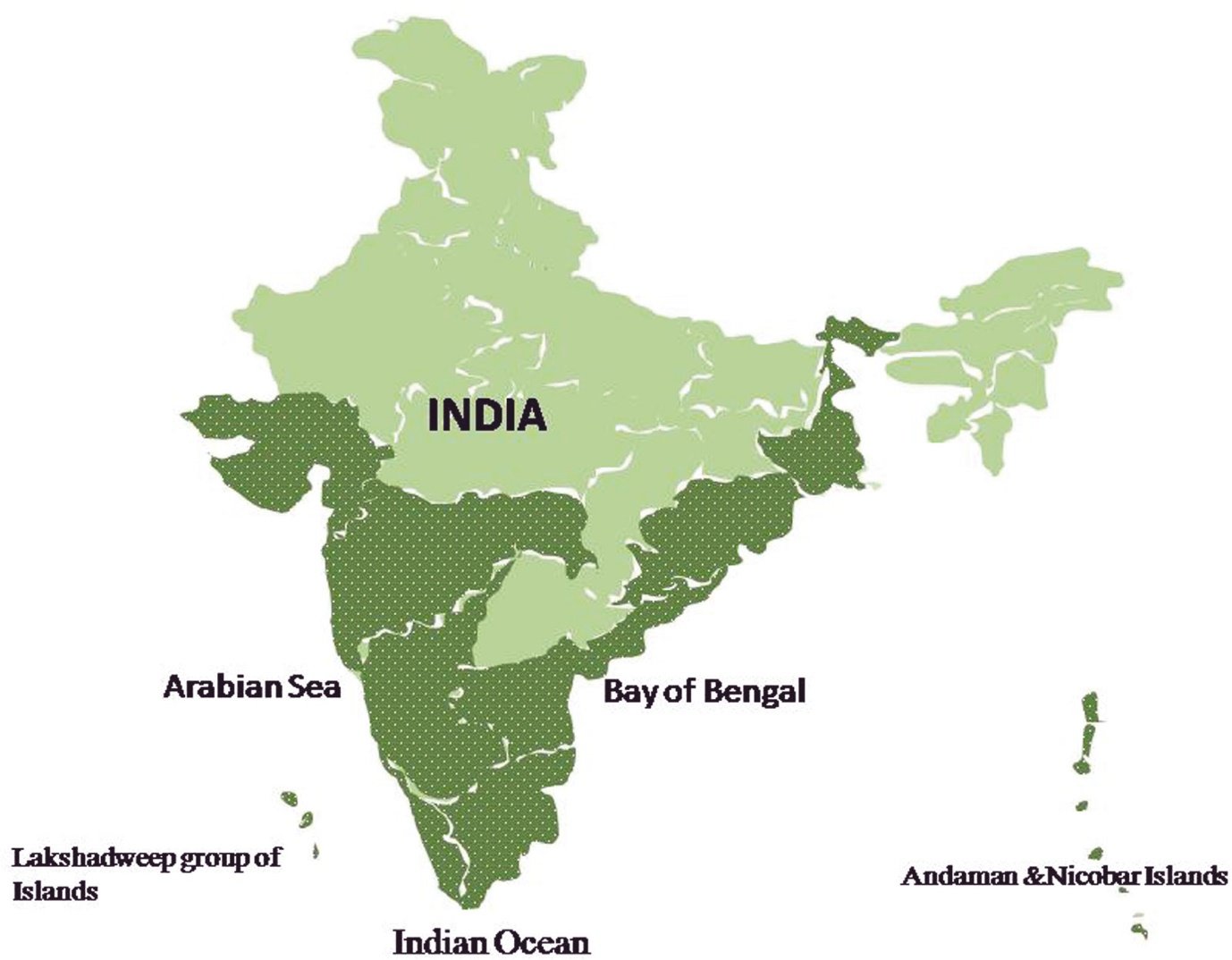
IN-SPACe released NGP to implement the Indian Space Policy
Subscribers of "Current Affairs" course can Download Daily Current Affairs in PDF/DOC
Subscribe to Never Miss an Important Update! Assured Discounts on New Products!
Must Join PMF IAS Telegram Channel & PMF IAS History Telegram Channel
- Context (TH): Indian National Space Promotion and Authorization Centre (IN-SPACe) has released the norms, guidelines and procedures (NGP) for the implementation of Indian Space Policy, 2023.
- It would complement the government’s endeavour to provide a predictable regulatory regime, transparency, and ease of doing business in the Indian space sector.
- The NGP includes the list of Space Activities that need Authorization from IN-SPACe, the criteria for granting the Authorization, and the necessary conditions/guidelines that an Applicant must adhere to.
Who needs Authorization?
- Any Entity carrying out Space Activities to or from Indian Territory or within India’s jurisdiction, including the area to the limit of its exclusive economic zone, needs Authorization from IN-SPACe.
Who can apply for Authorization?
- Only an Indian Entity can apply to IN-SPACe seeking Authorization. Non-Indian Entities desiring to conduct Space Activity in India can apply through an Indian Entity.
What activities need Authorization?
- Any Space Activity, including the launch, operation, guidance, and/or re-entry of any Space Object, requires Authorization from IN-SPACe.
IN-SPACe
|
Indian Space Policy, 2023
- Objective: To “enable, encourage, and develop a flourishing commercial presence in space”, which implies endorsement of the idea that the private sector is a crucial participant in the entire value chain of the space economy.
- It establishes:
- 4 distinct but related bodies that will enable increased private sector involvement in tasks that have typically been under the purview of the ISRO.
- 6 space technology incubation centers to promote innovation and entrepreneurship in startups, MSMEs, and private enterprises.
- It promotes international cooperation in the space domain, facilitating knowledge-sharing and access to global markets and private players.
- The policy delineates the roles and responsibilities of ISRO, New Space India Limited (NSIL), and the Indian National Space Promotion and Authorization Center (IN-SPACe).
IN-SPACe (Indian National Space Promotion and Authorisation Centre)
- It will serve as a single point of contact for authorization and clearance for a variety of activities, including satellite purchases and sales, the construction of launch pads, and the distribution of high-resolution data.
- It will exchange technologies, procedures, and best practices with NGEs (non-government entities) and government companies, and employ a “stable and predictable regulatory framework” to guarantee a level playing field.
New Space India Limited (NSIL)
- NSIL will be responsible for manufacturing, leasing, or acquiring space components, technologies, platforms, and other assets from the public or private sector.
- It will also be tasked with commercialising space technologies and platforms developed through public expenditures.
Department of Space
- It will serve as the nodal department for implementing space technologies and will oversee international cooperation for global space governance and programmes in consultation with the Ministry of External Affairs.
- Additionally, it will establish a suitable mechanism for resolving disputes spurred on by space activity.
Rationalising ISRO’s role
- ISRO will “transition out of the existing practice of being present in the manufacturing of operational space systems”. Mature systems shall be transferred to industries for commercial usage.
- ISRO shall focus on R&D in advanced technology and the realisation of space objects to meet national prerogatives. This will enable ISRO to focus all of its resources on long-term initiatives like Gaganyaan as well as cutting-edge research and development.




![PMF IAS Environment for UPSC 2022-23 [paperback] PMF IAS [Nov 30, 2021]…](https://pmfias.b-cdn.net/wp-content/uploads/2024/04/pmfiasenvironmentforupsc2022-23paperbackpmfiasnov302021.jpg)










